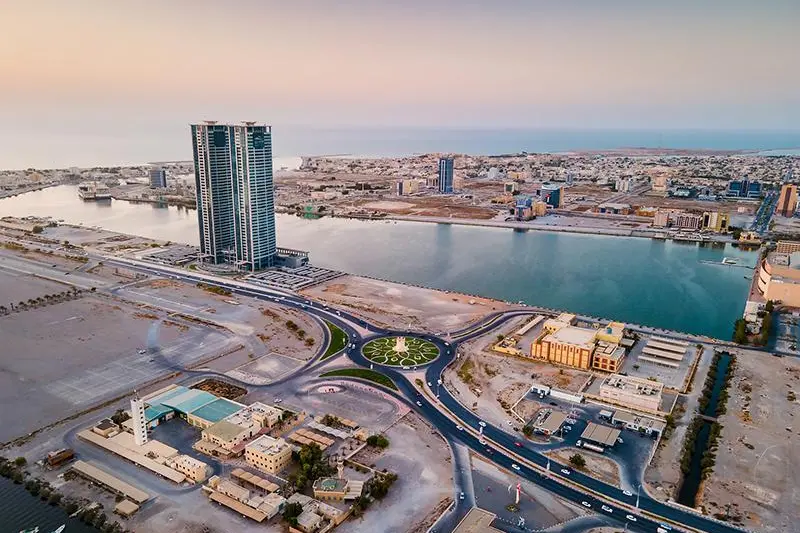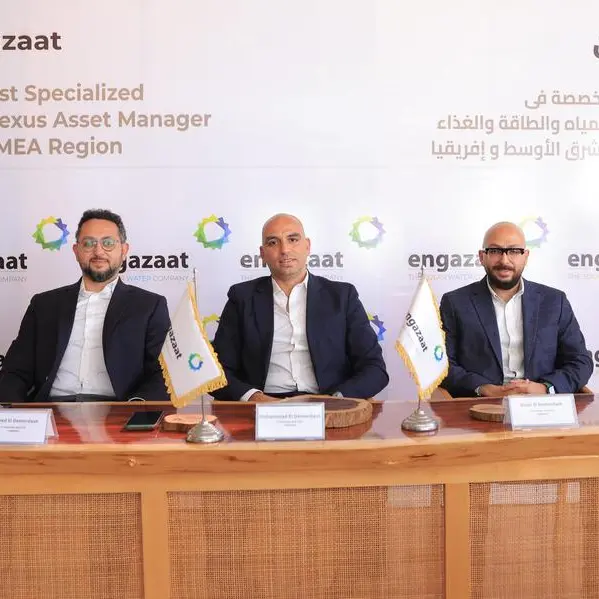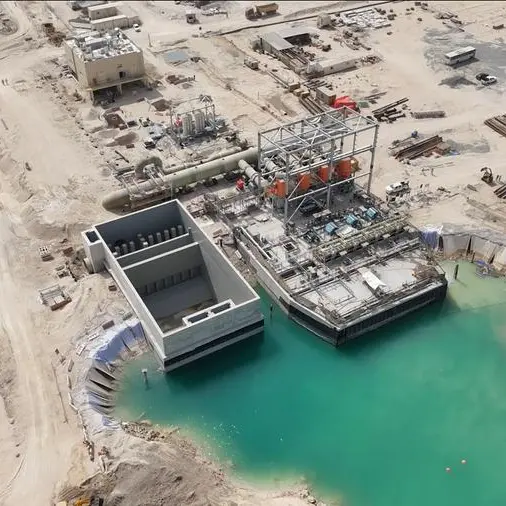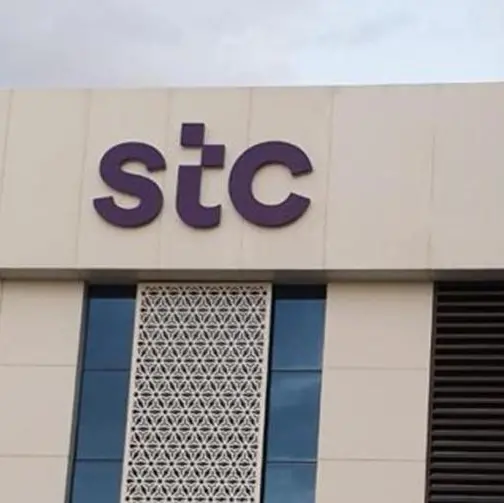PHOTO
The emirate of Ras Al Khaimah (RAK) in the UAE is planning to bring in more contribution from the private sector as part of its strategy to reduce energy and water consumption and raise the share of renewable energy.
RAK Municipality is aiming to attract more Energy Service Companies (ESCOs) to the emirate as part of efforts to save 30 percent in electricity consumption, 20 percent saving in water consumption and achieve 20 percent contribution from renewable energy in the generation mix as per its Energy Efficiency & Renewables Strategy 2040.
“We have more than 20 ESCOs registered in our accreditation scheme. Some of them have already been assigned projects, and some have established their presence in RAK. We will welcome more of them on the territory, together with other product and service companies in the field of sustainable energy,” said Andrea Di Gregorio, Executive Director, Energy Efficiency & Renewables Office (Reem), Ras Al Khaimah Municipality, Government of Ras Al Khaimah.
“We are working on two types of ESCO project models: One is a guaranteed saving model in which the customer such as the government entity or commercial entity invests in a retrofit and the ESCO guarantees the saving; If the saving is not achieved, the ESCO compensates for the difference. The second is a shared saving model where it is the ESCO which invests and the customer shares the saving,” Di Gregorio said on the sidelines of a press conference to announce the first RAK Energy Summit. The event will be held at Al Hamra International Exhibition and Conference Centre in Ras Al Khaimah on 4 and 5 October 2022.
In February 2021, RAK Municipality signed a Memorandum of Understanding with India’s Energy Efficiency Services Ltd. (EESL), a joint venture of Public Sector Undertakings (PSUs) under India’s power ministry, for a strategic collaboration for energy efficiency and clean energy projects.
EESL had said at the time of signing the MoU that it would make investments up to $100 million and develop customised project models relevant to Ras Al Khaimah.
As part of the Strategy 2040, Reem has nine programmes: Green Building Regulations, Building Retrofits, Energy Management, Efficient Appliances, Efficient Street Lighting, Water Reuse and Efficient Irrigation, Solar Programs, Energy from Waste, and Efficient Vehicles.
The strategy, already well underway through a multitude of projects and initiatives, supports the UAE’s commitments to climate change mitigation as part of the United Nations Framework Convention on Climate Change (UNFCCC).
Giving an update of developments across the programmes, Di Gregorio said: “Under the solar programme, we are working on about 9 MW of solar photovoltaic this year, setting a base for larger capacity in the coming years.”
Under the Green Building Regulations programme, more than 1,000 buildings are completed according to the new standards, including insulation, efficient air-conditioning, efficient lighting, etc.
RAK is targeting to retrofit 40 buildings this year and 3,000 buildings by 2040. In addition to this, more than 20 government institutions have joined the energy management programme which is also being extended to the industrial sector.
With regard to infrastructure, nearly 100 percent of lighting, including streetlights, has been converted to LED. There are developments in water reuse infrastructure, and there is also an ongoing work on extending the network coverage of vehicle charging stations.
RAK has launched a Green Procurement programme in which government entities are encouraged to buy more environment-friendly and biodegradable products.
Emerging trends in green buildings, building retrofits, efficient mobility, efficient water use and reuse, solar applications, energy from waste, and many other related topics would be discussed at the first RAK Energy Summit.
(Reporting by Bhaskar Raj; Editing by Anoop Menon)





















